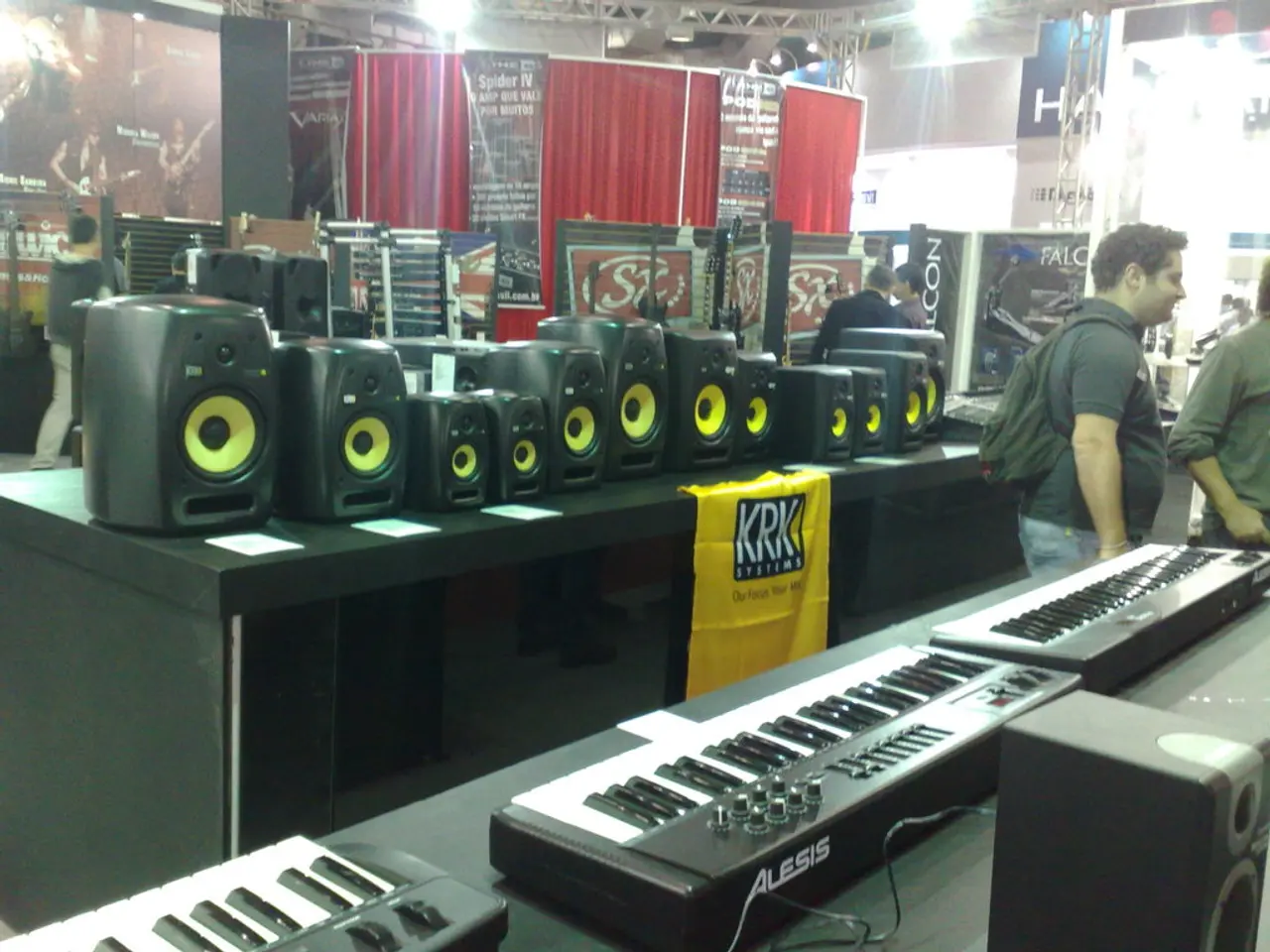High-stakes drama unfolds in New York City involving Winchell and Runyon at the casinos
New York's Casino Licensing Race Heats Up
New York State is in the final stages of awarding up to three new downstate casino licenses, with the Gaming Facility Location Board expected to recommend winners by December 1, 2025, and the Gaming Commission issuing licenses by the end of the year.
The application process began in late June, followed by local Community Advisory Committee (CAC) reviews and public hearings throughout the summer, concluding by September 30. Notable proposed casino projects include The Coney in Brooklyn, Caesars Palace in Times Square, Bally’s in the Bronx, and several others in Manhattan, Queens, and Yonkers.
One of the contenders, Genting, operates Resorts World New York City in Queens, generating nearly $700 million annually in GGR. Another notable bidder, MGM, operates Empire City in Yonkers, generating over $600 million annually in gross gaming revenue.
The NYC Council recently approved rezoning for The Coney casino project, a significant step but not a guarantee of final approval, as state licensing remains the determining factor. This process reflects New York’s strategy to expand gambling to boost economic development while balancing community concerns.
The race for the casino licenses is intense, with eleven bidders initially applying, but three have withdrawn. Those still in the running include Caesars, Mohegan, Greenwood Gaming and Rush Street Gaming, Hard Rock and Genting, a partnership with the Chickasaw Nation and Saratoga Casino Holdings, MGM, and a partnership in the Coney Island neighborhood of Brooklyn.
If MGM's and Genting's applications are successful, six contenders will be left fighting over one remaining license. The projected costs of the proposals range from $2 billion to $11 billion, with each winning bidder required to pay a $500 million license fee, with additional costs related to the license estimated to be $1 billion.
The outcome of New York’s casino licensing could materially affect Atlantic City, as the introduction of new, large-scale casinos in accessible downstate areas like Brooklyn, Manhattan, and Queens could divert visitors and gambling revenues that might otherwise flow to Atlantic City. This intensified competition might pressure Atlantic City operators to improve amenities or adjust marketing strategies to maintain market share.
New Jersey state and city officials are also concerned over potential loss of tax revenue due to New York casino developments. Some New Jersey casinos have not recovered from the opening of casinos in Pennsylvania, the Great Recession, and COVID.
In summary, New York’s casino license awarding is a well-advanced process aiming for final decisions by late 2025, and the influx of new casinos in New York City could challenge Atlantic City’s current market dominance in the region. The race remains competitive, with six bidders left vying for the final license.
- The casino-culture in Las Vegas might see a shift as New York's casino-gambling trends emerge, with new casinos like The Coney in Brooklyn and Caesars Palace in Times Square slated to open.
- Sports-betting enthusiasts are closely following the casino-and-gambling scene, as successful bidders like MGM and Genting plan to offer a wide variety of casino-games, including sports-betting options.
- As the gambling trends evolve, various casino personalities, such as Caesars, Mohegan, and Hard Rock, are fighting to establish a foothold in New York's casino industry.
- While the expansion of casino-gambling could boost New York's economic development, neighboring regions like Atlantic City might face challenges as visitors and revenues could be diverted due to the closer and accessible casino options in New York City.




